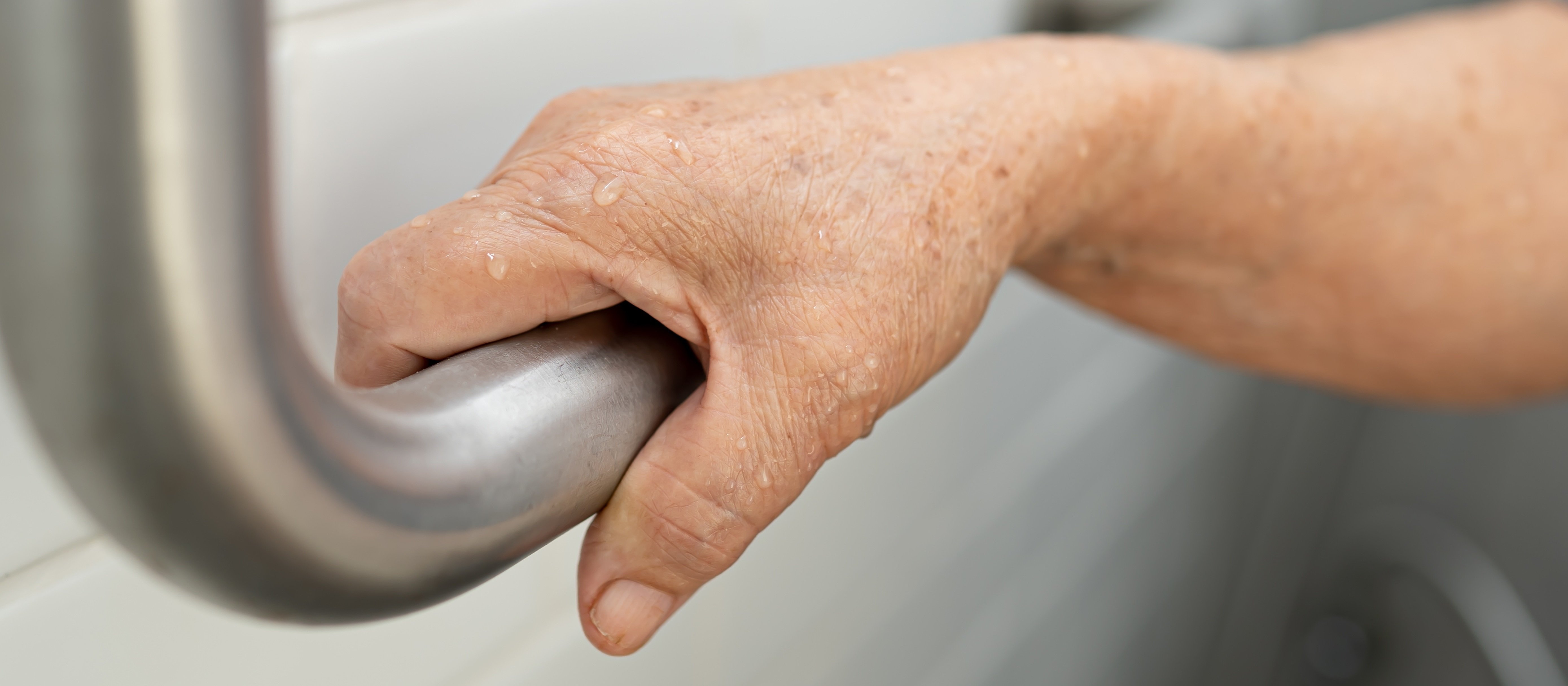Tips for Preventing Falls
Published: November 3, 2020
Falls are not just the result of getting older. Many falls can be prevented. By making some simple changes in your home and your life, you can reduce your chances of falling.
Begin a regular exercise program.
Exercise is one of the most important ways to reduce your chances of falling. It makes you stronger and helps you feel better. Exercises that improve balance and coordination (like Tai Chi) are the most helpful. Lack of exercise leads to weakness and increases your chances of falling. Ask your doctor or health care worker about the best type of exercise program for you.
Make your home safer.
About half of all falls happen at home. Here are 8 tips to make your home safer to reduce your risk of falls:
- Remove things you can trip over (such as papers, books, clothes, and shoes) from stairs and places where you walk.
- Remove small throw rugs or use double-sided tape to keep the rugs from slipping.
- Keep items you use often in cabinets you can reach easily without using a step stool.
- Have grab bars put in next to your toilet and in the tub or shower.
- Use non-slip mats in the bathtub and on shower floors.
- Improve the lighting in your home. As you get older, you need brighter lights to see well. Lamp shades or frosted bulbs can reduce glare.
- Have handrails and lights put in on all staircases.
- Wear shoes that give good support and have thin non-slip soles. Avoid wearing slippers and athletic shoes with deep treads.

Have your health care provider review your medicines.
Have your doctor, nurse or pharmacist look at all the medicines you take (including ones that don't need prescriptions such as cold medicines). As you get older, the way some medicines work in your body can change. Some medicines, or combinations of medicines, can make you drowsy or light-headed which can lead to a fall.
Have your vision checked.
Have your eyes checked by an eye doctor. You may be wearing the wrong glasses or have a condition such as glaucoma or cataracts that limits your vision. Poor vision can increase your chances of falling.
For more information, fill out our contact form at the top of this page.

